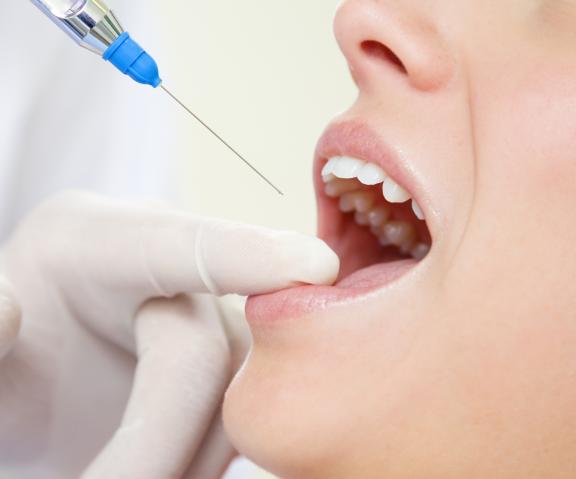Sedation Dentistry
The fear of the dentists’ chair is real for many- so much so, that they’d rather tolerate pain than seek treatment. Sedation dental care helps patients relax and control anxiety. Ideally, sedation is prescribed for procedures that are complex or may take a few hours. But if you are really uncomfortable to undertake treatment, ask your dentist to prescribe sedation for seemingly simple procedures like tooth cleaning and filling.
What Are The Common Types Of Sedation?
Typically, patients are prescribed oral sedation as this technique does not require injections. Some of the common types of sedation include:
Nitrous Oxide:
Nitrous Oxide or laughing gas combined with oxygen is a common sedative. The gas is inhaled through a mask placed on the nose. Dentists prefer nitrous oxide because it allows them to control the amount of sedation. Also, the effect of the gas wear off quickly.
Oral Sedation:
Pills such as valium, halcion, etc. are given to the patient at least an hour before the procedure to allow the medication to take effect. These medications ensure that the patient is relaxed, yet conscious.
Local Anesthesia:
Injections of local anesthesia block pain impulses in the teeth and gum tissue. But since these are administered as injections, the dentist is likely to sedate you before injecting the local anesthesia.
IV Sedation:
Sedative is administered through the IV and allows the dentist to control sedation levels.
General Anesthesia:
For complex procedures, dentists usually administer general anesthesia. This makes the patient completely unconscious. The problem with this procedure is that it takes time for the effects of the medication to wear off.
Is Sedation Dentistry Safe?
The American Dental Association (ADA) generally deems the use of anesthesia and sedatives to be safe, provided it is administered by appropriately trained dentists. It has also laid down stringent guidelines to control its use.
Who Are Ideal Candidates for Sedation Dentistry:
Patients who:
- Need complex dental procedures
- Have an extreme fear of the dentist’s office or chair.
- Have sensitive teeth

